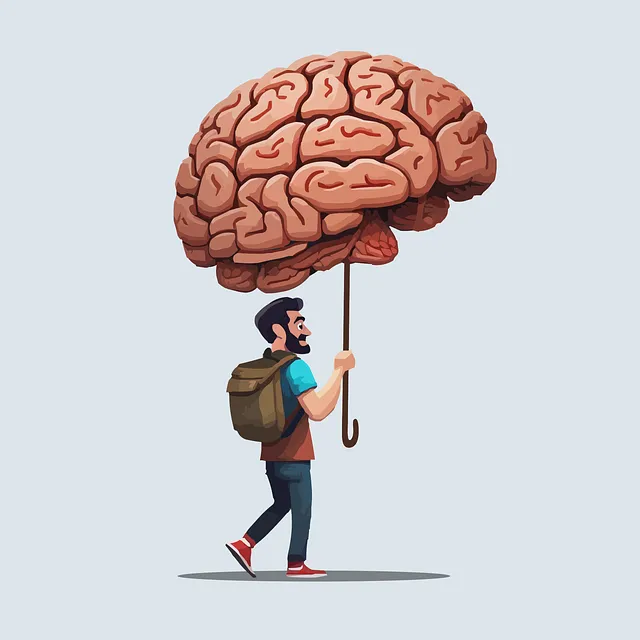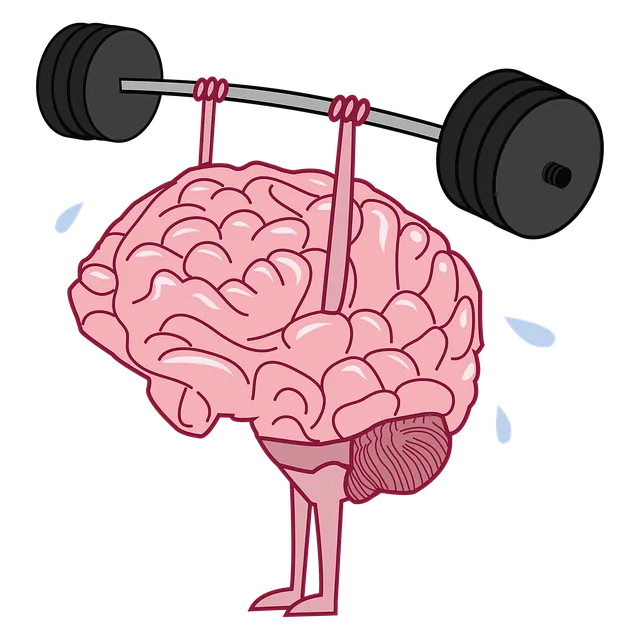The Kaiser Permanente Mental Health Center in Lone Tree prioritizes emotional intelligence (EI) as a transformative tool, offering specialized programs that teach coping skills and emotional regulation. Through focusing on EI development, the center promotes personal growth, improved relationships, and enhanced well-being. Patients gain self-awareness, stress management tools, and empathy, enabling them to navigate life's challenges effectively. The center emphasizes self-awareness, social awareness, empathy, and effective communication as key EI components, enhancing decision-making, interpersonal connections, and mental health outcomes.
Emotional intelligence (EI) is a powerful tool for personal growth and professional success, and at the Kaiser Permanente Mental Health Center Lone Tree, they’re unlocking its potential. This comprehensive guide explores EI development through four key lenses: understanding its foundation, cultivating self-awareness, enhancing social awareness and empathy, and mastering effective communication. By implementing practical strategies inspired by the center’s innovative approach, individuals can significantly boost their EI, leading to improved relationships and overall well-being.
- Understanding Emotional Intelligence: Unlocking the Potential at Kaiser Permanente Mental Health Center Lone Tree
- The Importance of Self-Awareness in Building Emotional Intelligence
- Enhancing Social Awareness and Empathy: Strategies for Connection
- Practicing Effective Communication for Improved Emotional Intelligence
Understanding Emotional Intelligence: Unlocking the Potential at Kaiser Permanente Mental Health Center Lone Tree

At Kaiser Permanente Mental Health Center Lone Tree, understanding emotional intelligence goes beyond basic definitions; it’s about unlocking the immense potential that lies within every individual. Emotional intelligence (EI) is a powerful tool that enables people to navigate their emotions effectively, fostering healthier relationships and enhancing overall well-being. Through various programs and therapeutic approaches, the center aims to empower individuals to develop coping skills and master emotional regulation.
By focusing on EI, Kaiser Permanente Mental Health Center Lone Tree recognizes that emotional intelligence is not just a soft skill; it’s a game-changer in personal growth and professional success. Their comprehensive approach ensures that patients leave with improved self-awareness, better stress management techniques, and enhanced empathy towards others. This holistic development allows individuals to tackle life’s challenges head-on, leading to improved mental health and overall satisfaction.
The Importance of Self-Awareness in Building Emotional Intelligence

Emotional intelligence (EI) is a vital skill set that empowers individuals to navigate complex interpersonal interactions with ease and empathy. At the heart of EI development lies self-awareness—a cornerstone recognized by experts at the Kaiser Permanente mental health center in Lone Tree. Understanding one’s emotions, strengths, and weaknesses is not merely a personal endeavor; it forms the foundation for effective communication, healthy relationships, and robust emotional regulation.
Cultivating self-awareness enables individuals to recognize their emotional responses in various situations, fostering better decision-making and interpersonal sensitivity. This is particularly pertinent in healthcare settings where professionals must manage patient emotions while delivering quality care. The Healthcare Provider Cultural Competency Training underscores the importance of self-awareness in navigating cultural differences and promoting anxiety relief among patients. Similarly, risk management planning for mental health professionals emphasizes self-awareness as a buffer against burnout and a key component in providing safe, compassionate care.
Enhancing Social Awareness and Empathy: Strategies for Connection

At the Kaiser Permanente mental health center Lone Tree, professionals emphasize the importance of enhancing social awareness and empathy as key strategies for building emotional intelligence. This involves cultivating a deeper understanding of others’ emotions and perspectives, which can be developed through active listening, nonverbal cues interpretation, and genuine interest in connecting with people. By fostering these skills, individuals can improve their relationships, enhance teamwork, and create more inclusive environments.
The Mind Over Matter Principles are integral to this process, encouraging self-reflection and personal growth. Public Awareness Campaigns Development plays a crucial role in spreading empathy-building strategies throughout the community. Through educational programs and interactive workshops, people learn to recognize and respond to emotional cues, fostering a culture of support and understanding. These initiatives not only strengthen interpersonal connections but also contribute to overall well-being, making it a win for both individuals and communities.
Practicing Effective Communication for Improved Emotional Intelligence

Effective communication is a cornerstone of emotional intelligence and can significantly impact mental well-being, as emphasized by the Kaiser Permanente mental health center in Lone Tree. It involves actively listening to others, expressing feelings openly, and empathizing with different perspectives. This skill set fosters deeper connections and strengthens relationships, which are vital components of building inner strength.
The Community Outreach Program Implementation at Kaiser Permanente goes beyond individual therapy by promoting group discussions and interactive workshops, enabling individuals to learn from one another. Such programs encourage the development of emotional resilience, especially in navigating challenging situations like depression prevention. By practicing effective communication, people can better understand their emotions and those of others, leading to improved mental health outcomes.
Emotional intelligence, as demonstrated by its successful implementation at the Kaiser Permanente Mental Health Center in Lone Tree, is a powerful tool for personal and professional growth. By fostering self-awareness, enhancing social awareness and empathy, and practicing effective communication, individuals can unlock their full potential. The strategies outlined in this article provide a solid foundation for building emotional intelligence, leading to improved relationships, better decision-making, and increased resilience. Embracing these principles can revolutionize how we interact with others and navigate life’s challenges, making the Kaiser Permanente model a valuable guide for anyone seeking to enhance their emotional intelligence.






